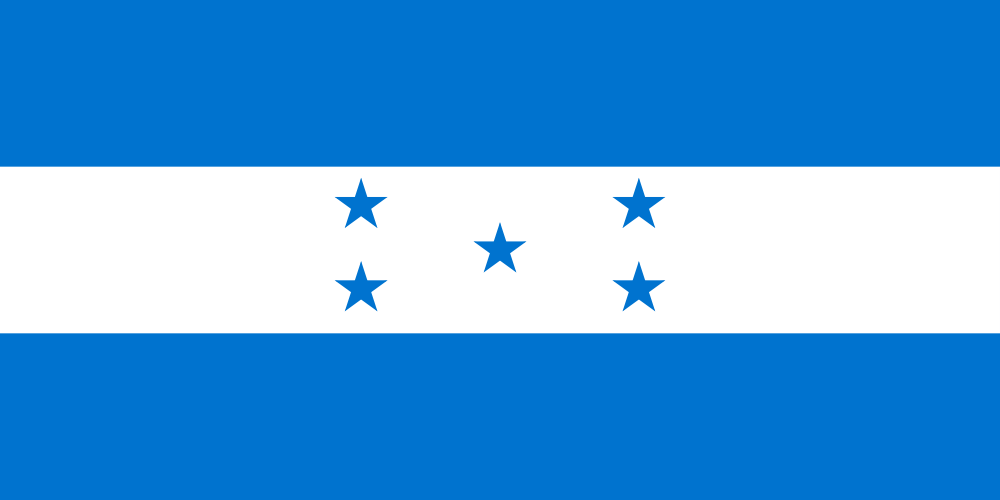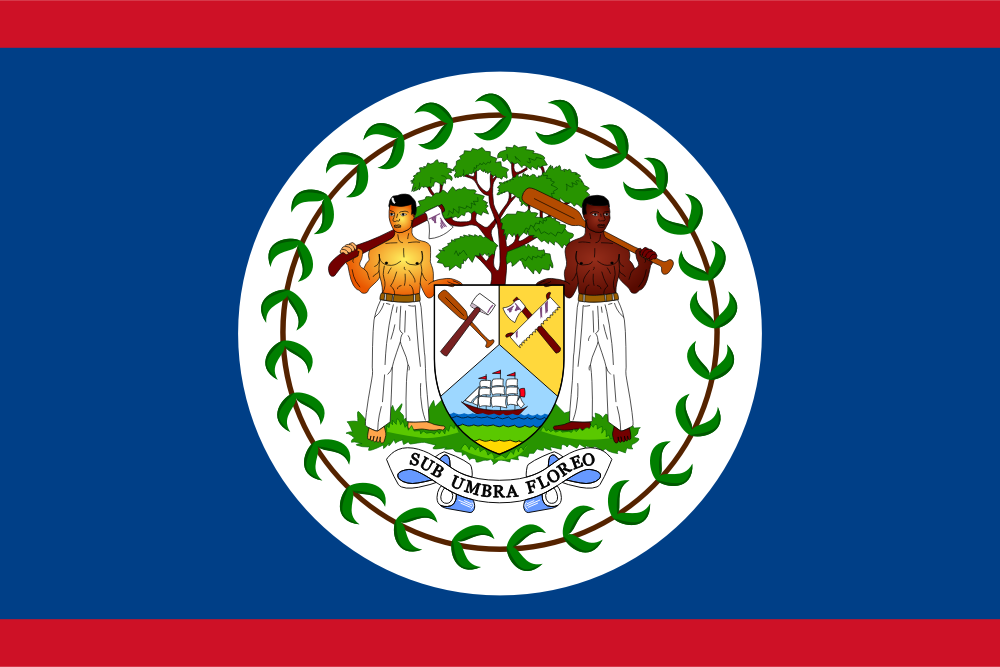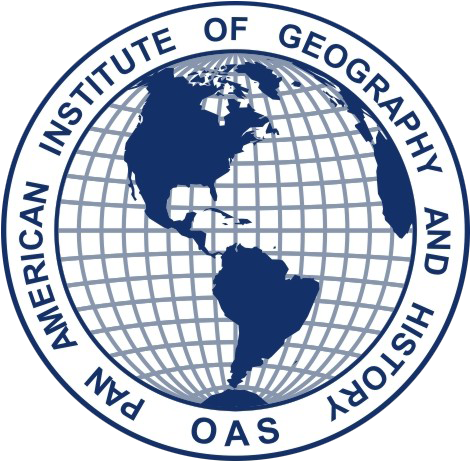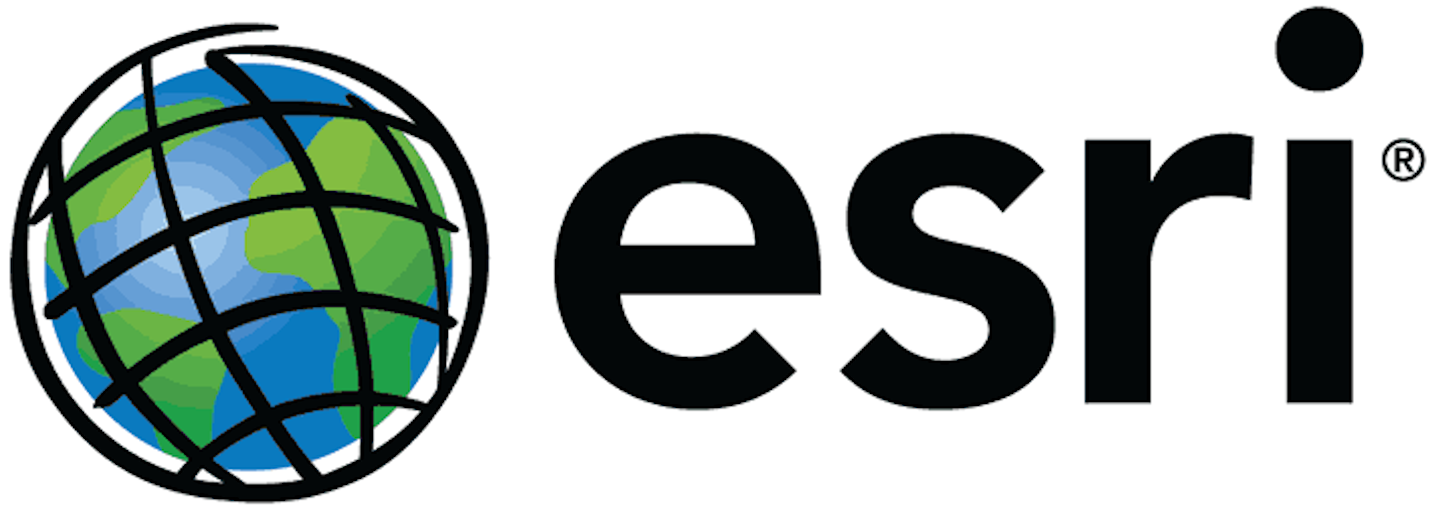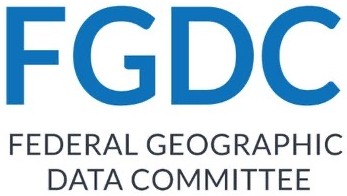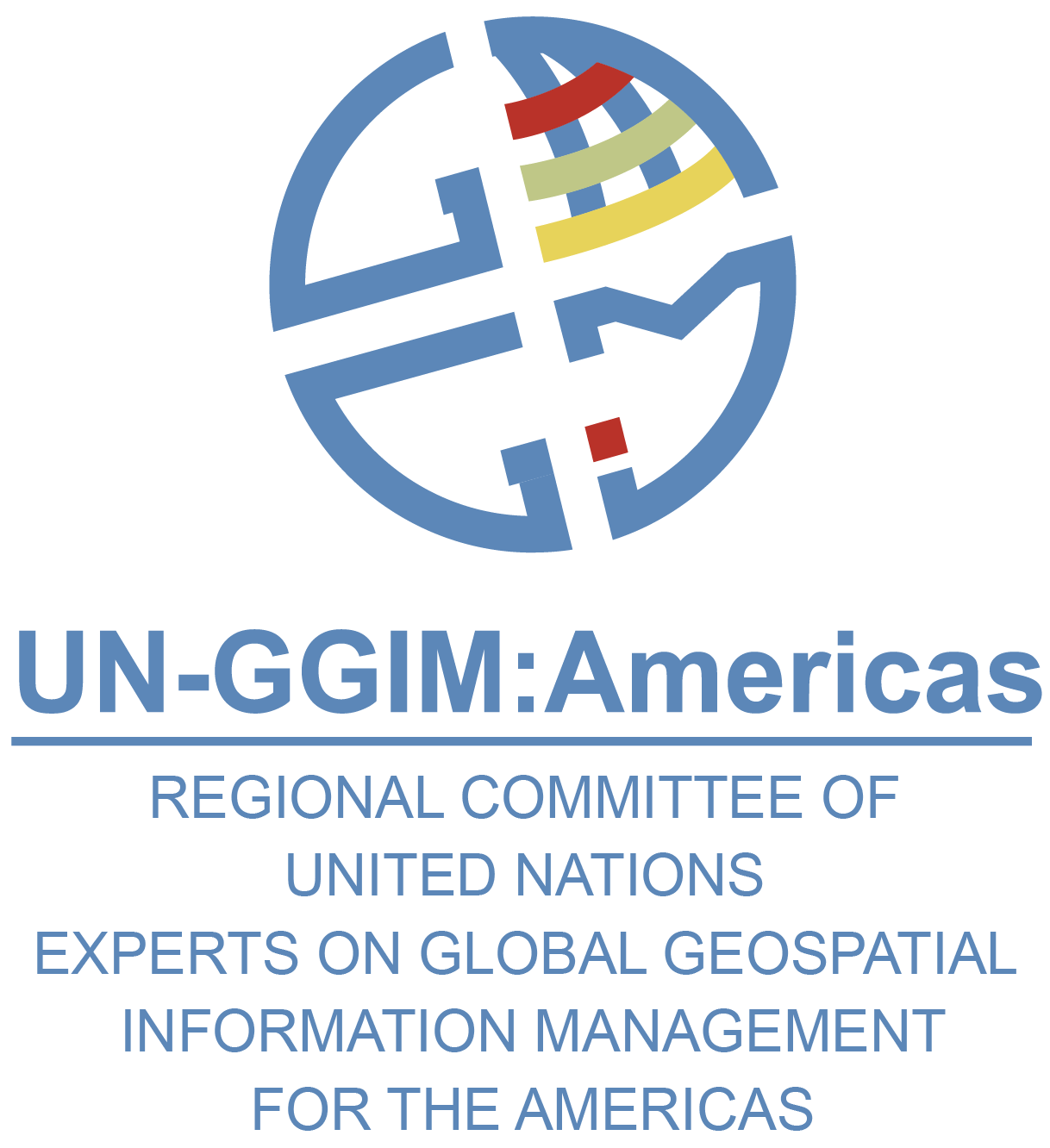The Challenge
A significant challenge within the region is the fragmentation of Earth observation data sources. While data is collected from various platforms and providers, it often remains disjointed and difficult to integrate seamlessly. This fragmentation poses a barrier to achieving a comprehensive view of the Earth's systems and phenomena. The lack of effective collaboration has historically resulted in fragmented efforts, inefficient resource utilization, and missed opportunities for harnessing Earth observation data for informed decision-making. The Americas exhibit diverse regional needs when it comes to Earth observations. Different countries and regions within the continent have unique priorities and requirements. Understanding and addressing this diversity is crucial for tailoring Earth observation efforts effectively.
The Solution
The AmeriGEO initiative is a framework that seeks to promote collaboration and coordination among the Group on Earth Observations members in the American continent, “to realize a future wherein decisions and actions, for the benefit of the region, are informed by coordinated, comprehensive and sustained Earth observations and information”.
The approach is to engage with the GEO flagships and their end user communities that are from member countries in the region. From there, the initiative seeks to strengthen the engagement of other Americas countries, and to work with the flagships to tailor their work to address regional needs. Regional needs will be brought to the initiative through the management coordination groups of AmeriGEO. In particular, unaddressed needs from developing countries will be prioritized to meet the needs of the decision-makers in each of the Americas nations.















